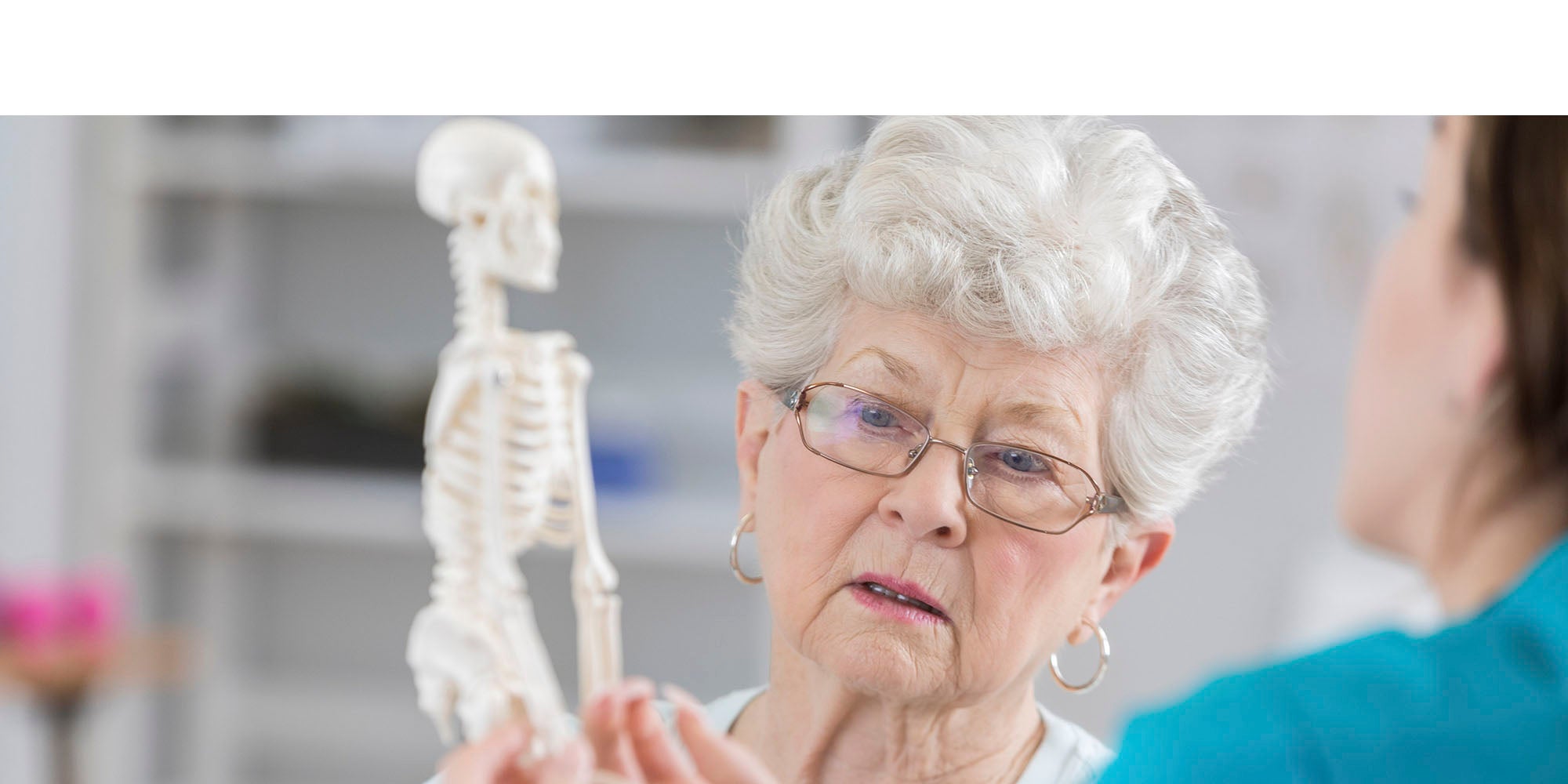Osteoporosis
November 7, 2021
Osteoporosis, which means “porous bone,” is a disease that weakens bones due to the body losing too much bone, not making enough bone, or both. This makes bones more susceptible to sudden and unexpected fractures, and patients with osteoporosis often don’t know they have the disease until these fractures happen.
According to the National Osteoporosis Foundation, about 54 million Americans have osteoporosis and low bone mass.
There are many risk factors that increase your chances of developing osteoporosis. The most significant factor? Gender and age.
Women over the age of 50 or postmenopausal women have the greatest risk. The Centers for Disease Control and Prevention state that osteoporosis affects 1 in 5 women and 1 in 20 men over the age of 50.
Some risk factors for osteoporosis are unchangeable and are out of your control. Sex, age, race, family history, and body frame size are unchangeable risks. As previously stated, women are much more likely to develop osteoporosis than men, and as you age, your risk increases. People of white or Asian descent are also at greater risk and having a parent or sibling with osteoporosis increases the likelihood that you will also develop the disease.
In conjunction with aging comes changing hormone levels, especially in women. The fall in estrogen levels during menopause is one of the largest risk factors for women. Another hormonal factor is too much thyroid hormone, whether your thyroid is overactive, or you take medication to treat an underactive thyroid.
Other risk factors include:
- Dietary factors: low calcium intake, eating disorders, and gastrointestinal surgery can all impact your risk for developing osteoporosis.
- Medical conditions: Those with celiac disease, inflammatory bowel disease, cancer, kidney or liver disease, rheumatoid arthritis, and others have an increased risk.
- Medications: Long-term use of steroids such as prednisone and cortisone interfere with the bone rebuilding process.
- Lifestyle: People who smoke, excessively consume alcohol, or live a sedentary lifestyle are at higher risk.
It is important to discuss risk factors with your doctor to determine your personal risk.
Because every person is unique, personalized attention and care is imperative. The Osteoporosis Clinic at Saint Francis Hospital brings together experts from multiple fields to optimize a bone healthy lifestyle, address pain, and implement pharmacotherapy as needed.
Led by Endocrinologists Molly Emott M.D., Latha Dulipsingh M.D., and Racha Dermesropian, M.D., the Osteoporosis Clinic at Saint Francis is committed to providing the best comprehensive care for osteoporosis patients. The Clinic offers a variety of services including bone density assessments, nutrition counseling, physical therapy and rehabilitation, and more.
For more information, or to schedule an appointment, please call (860) 714-4402.
